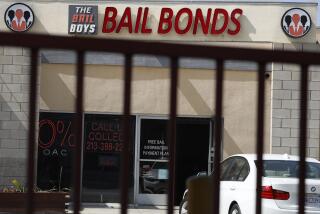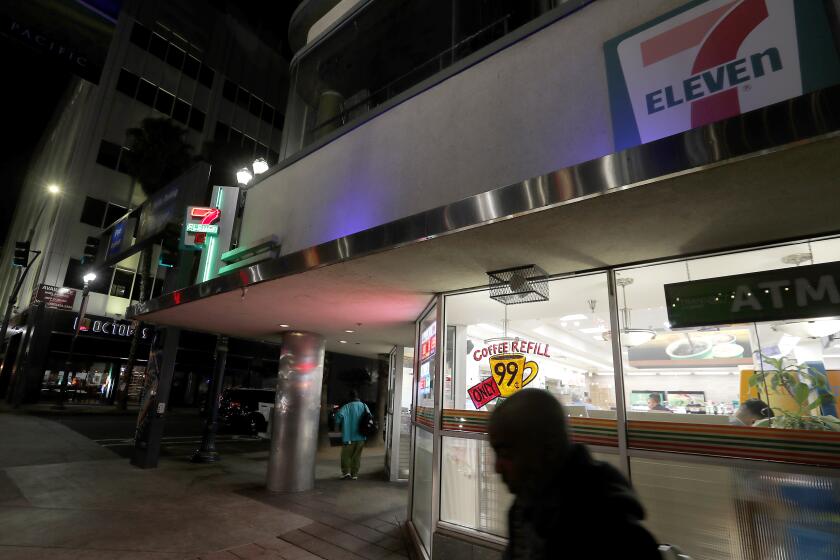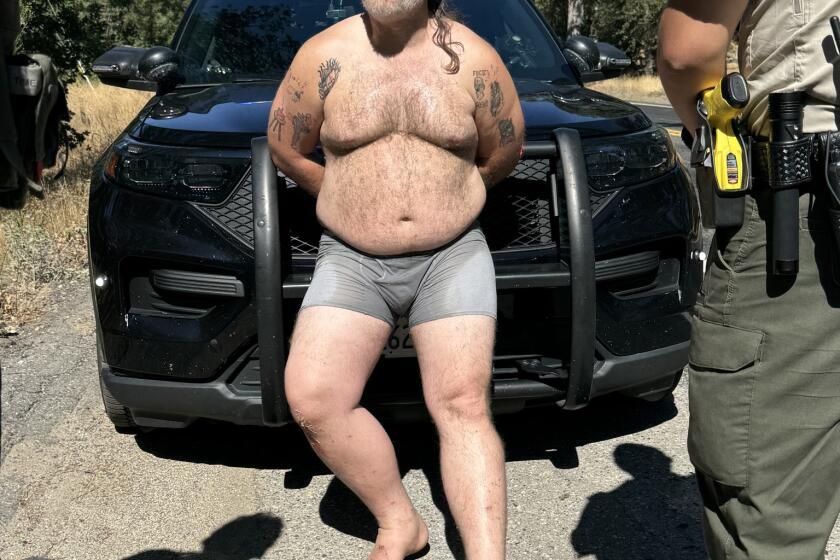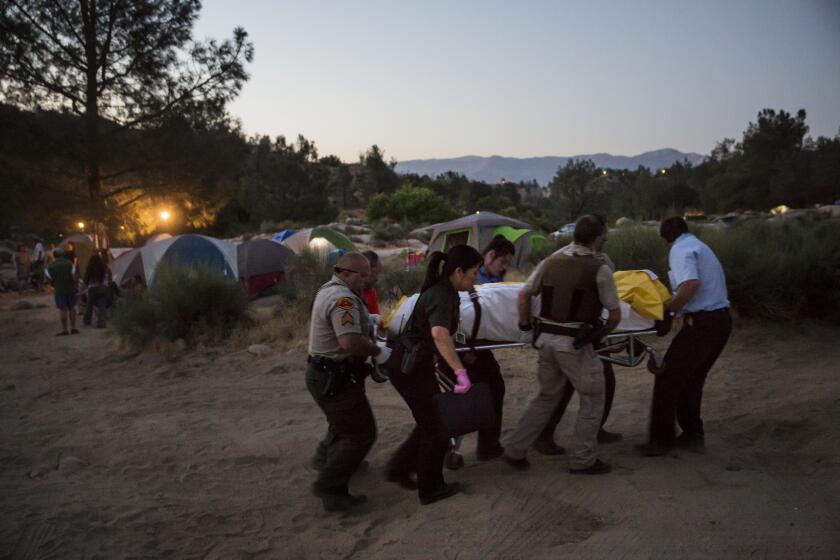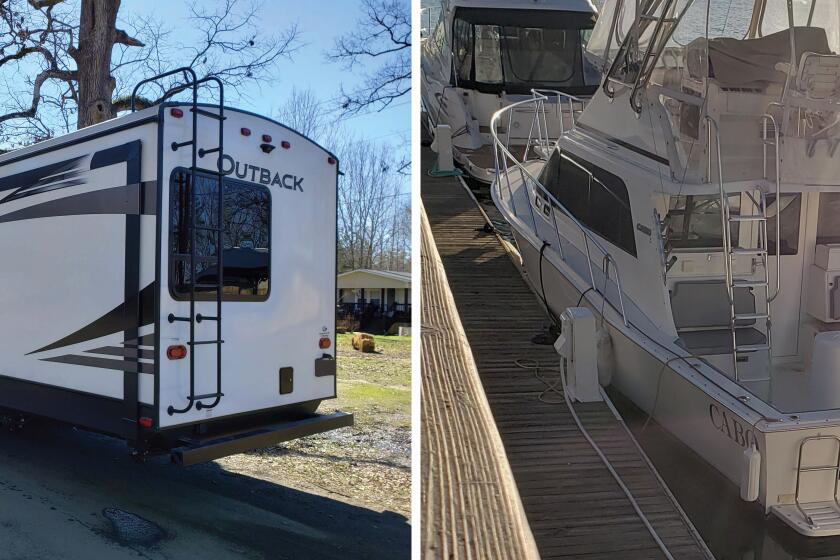Trials in L.A. are on pause, but some ‘essential’ court proceedings will continue: ‘It’s unprecedented’
In an unprecedented move, nearly all trials in Los Angeles County will be on hold for at least a month, but a broad swath of services will still be accessible to the public when courthouses reopen Friday, raising concerns about safety measures.
In an order filed Tuesday, Presiding Judge Kevin C. Brazile said several “essential functions” will continue to be processed, including civil and family restraining orders, emergency petitions for temporary conservatorships and guardianships, arraignments, search warrants, preliminary hearings, bail and bond processing, grand jury indictments and criminal jury trials where there is no agreement to delay the case.
Brazile’s order appeared to be a compromise between limiting the number of people in courthouses — no jurors or prospective jurors were to report to any of the county courthouses until at least April 16 — while maintaining core functions of the legal system.
“This order will allow us to comply with social distancing and to prevent the spread of the virus within our community,” Brazile said in the statement.
The Times has posted the full order online, and it lists new extended deadlines. For example, any temporary restraining order set to expire will be extended by 21 days. Whereas defendants charged with a felony previously had 48 hours to appear before a magistrate, that deadline has been lengthened to seven days.
Ann Donlan, a court spokeswoman, said there will be no restrictions imposed on who can enter L.A. County’s courthouses when they reopen on Friday. Donlan said in an email that some public access “may be limited due to the need to adhere to social distancing of six feet in courtrooms.”
Brazile told fellow judges in an internal memo that administrators have ordered 60,000 eight-ounce bottles of hand sanitizer, but they will not be available until the end of the month. The hand sanitizer was to be placed in courtrooms, jury assembly rooms, self-help clinics and administrative offices.
Laurie Levenson, a Loyola law school professor and former federal prosecutor, said Brazile had “no choice” but to slow proceedings across the court system, and she predicted the move would have a long-lasting impact on the legal system.
“We’re looking at a backlog,” said Levenson, adding that mistrials, a large-scale release of defendants in custody and a drop in wide-reaching investigations by local law enforcement will all be more likely in coming weeks and months.
Levenson also anticipated that law enforcement and prosecutors could be more reluctant to bring new cases that are not of critical importance since Brazile’s order limits the full functioning of the court apparatus.
“It’s unprecedented. You’re going to have to make some tough choices and try to find some consistency if you can, but every day will be different, honestly,” Levenson said.
The only comparable situation Levenson could think of was when courts in Los Angeles were effectively frozen during the 1992 riots that erupted after four Los Angeles police officers were acquitted of beating Rodney G. King, but she said the disruptions resulting from the virus are likely to be far more extensive and long-lasting.
Ultimately, she said, the county must strike a delicate balance of protecting the public during a health crisis and from potentially dangerous defendants.
“I don’t think the message wants to go out that you can commit a violent crime and nothing is going to happen to you,” she said. “But anything less than that, I think you get pushed to the back of the line.”
More to Read
Sign up for Essential California
The most important California stories and recommendations in your inbox every morning.
You may occasionally receive promotional content from the Los Angeles Times.

